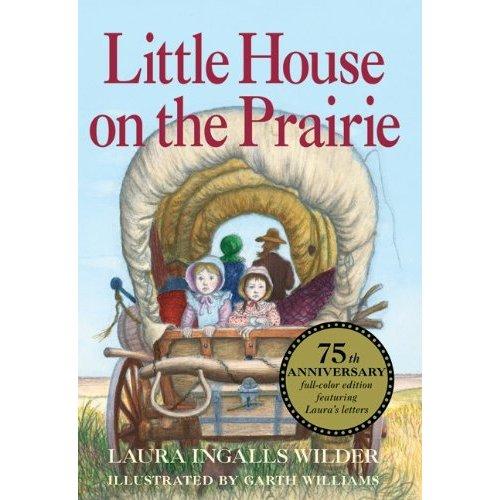In many cultures, stories are used to teach morals, explain hardships, and entertain communities. They are passed from generation to generation uniting society by a common bond. For Le Ly, a young peasant girl growing up during the Vietnam War in Ky La, stories served as a foundation for her childhood and a means of continuing custom.
"God gave the messenger two magic sacks.'The seeds in the first,' god said, 'will grow when they tough the ground and give a plentiful harvest, anywhere,with no effort. The seeds in the second sack, however, must be nurtured; but, if tended properly, will give the earth great beauty.' Unfortunately, the heavenly messenger got the sacks mixed up, and humans immediately paid for his error: finding that rice was hard to grow whereas grass grew easily everywhere, especially where it wasn't wanted." (6)
As the book begins, Le Ly informs the reader of the value of customs, family, and hard work in the Vietnamese culture. She informs the reader of the daily life of her early childhood and the hardships she faced as she grew from a seedling to a flowering plant. The above frame device represents the Vietnamese belief of the reasons for their struggles. In the story, the seed in the first sack represents rice while the second was grass. They believed that god had not meant for them to struggle, but rather an error led to the hardships she and her family faced as farmers of the land. Theses seeds, however, can also represent the struggles of society and human nature. At times, it takes work and "coming back" or trying again to succeed. For community or individual growth, it takes careful planting, nurturing, and the acceptance that success may not occur. Grass grows wild and can be seen everywhere like one's personal weaknesses and the corruption of society that sometimes grows untaimed. With a little care the seed can grow and grass can be taimed.
In the first chapter, Le Ly describes her past, present, and future journeys through her life. She recounts her past to explain her present and describes how her coming back to Vietnam is like the harvesting she did as a child. She does not know whether her return trip to Vietnam, after having moved to America in the 1970s, will be a success as she tries to reunite with her family or if it will end in her own death. With gentle hands though, she tills the soil and lays the foundation for her journey home in the early stage of the book.
Le Ly's struggle as both a farmer and a traveler are similar to that of the American pilgrim, Laura Ingles Wilder. Like Le Ly, Laura Ingles Wilder wrote a book about her journeys called Little House on the Prarie which described her hardships growing up as a farmer and pilgrim in America. Both Le Ly and Laura Ingles Wilder had their own faults, but planted seeds to better the world. They both hoped to pass on their stories to generations to come. They both valued family and viewed customs as an important part of daily life. Today, they both have made an imeasurable impact on society by capturing the truth of the past as their stories are retold orally, in books, and even in movies.

